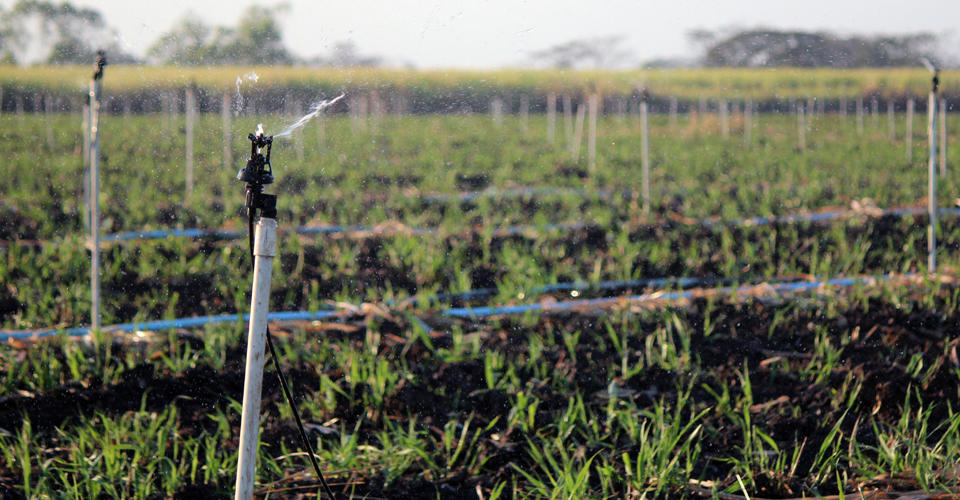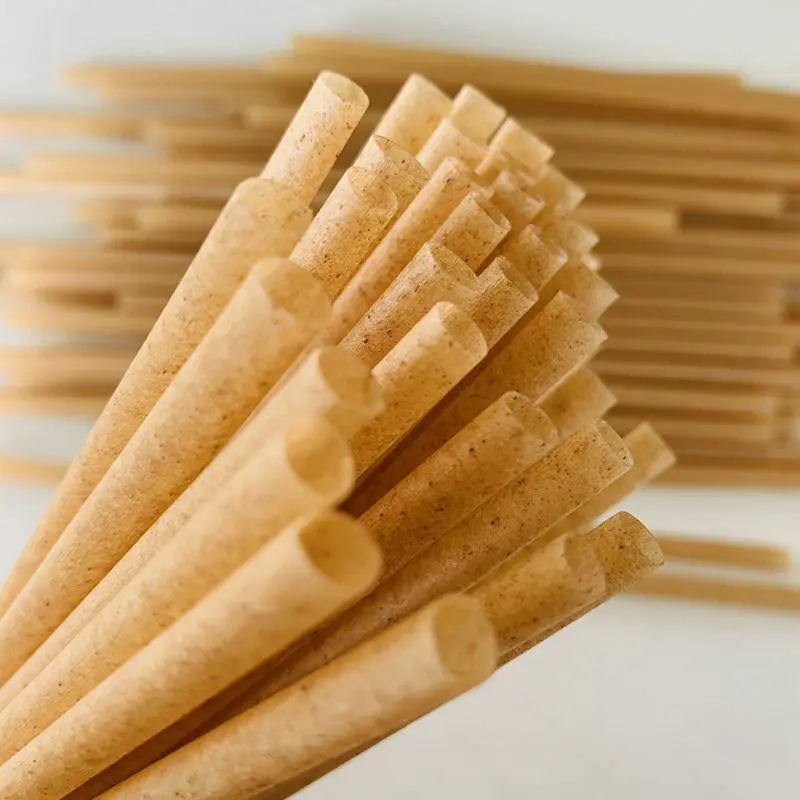Sugarcane Product and Its Role in the Global Clean Energy Movement
Sugarcane Product and Its Role in the Global Clean Energy Movement
Blog Article
Checking Out Sugarcane Products: Versatile Makes Use Of and Profits
The exploration of sugarcane items reveals a remarkable variety of applications that extend well past the familiar realm of sugar. As we take a look at the diverse contributions of sugarcane, one might ask yourself just how these varied uses can improve sectors and way of lives in a swiftly progressing globe.
Summary of Sugarcane
Although sugarcane is frequently connected largely with sugar production, it is a flexible crop with an abundant background and countless applications. Cultivated in exotic and subtropical areas, sugarcane grows in well-drained dirts and cozy climates, adding significantly to many economic climates worldwide. This perennial yard, belonging to the category Saccharum, can expand to heights of up to 4 meters, showcasing its robust nature.
Beyond its key duty in sugar extraction, sugarcane acts as an important resource for various spin-offs. The coarse deposit, known as bagasse, is used for generating bioenergy and as a resources for making paper and naturally degradable items. In addition, molasses, a spin-off of sugar refining, is abundant in nutrients and commonly used in animal feed and fermentation processes.
Sugarcane additionally plays a substantial function in standard medications and social practices in a number of regions, showing its significance past commercial usage (sugarcane product). Additionally, with the boosting concentrate on sustainable agricultural methods, sugarcane is being discovered for its potential in biofuels and carbon capture, positioning it as a crucial gamer in the change in the direction of renewable power sources. Hence, the convenience of sugarcane prolongs far past the boundaries of sugar manufacturing
Sugarcane in Food Products


Beyond sweeteners, sugarcane is the source of energy-rich items such as jaggery and panela, which are typical raw sugars utilized in numerous cultures. These items not only sweeten foods but also impart nutritional benefits and one-of-a-kind flavors.
Sugarcane juice, a refreshing beverage appreciated in many exotic regions, showcases the plant's convenience. It is typically eaten fermented or fresh into alcoholic drinks like rum.
In addition, sugarcane fibers, referred to as bagasse, are in some cases utilized to develop food product packaging materials, stressing the eco-friendly benefits of sugarcane processing. Overall, sugarcane's contribution to food is diverse, improving tastes, offering dietary value, and playing a substantial duty in culinary practices around the world.
Industrial Applications of Sugarcane
In numerous markets, the adaptability of sugarcane expands much beyond its cooking applications. Sugarcane works as a critical basic material in the production of biofuels, specifically ethanol, which is increasingly made use of as a renewable resource source. This biofuel is derived via fermentation and purification processes, providing a sustainable alternative to nonrenewable fuel sources and contributing to a decrease in greenhouse gas emissions.

In addition, the sugarcane market has actually found applications in drugs, where its parts are used in the formulation of various medicinal products. The all-natural compounds removed from sugarcane show antimicrobial and antioxidant residential or commercial properties, enhancing the effectiveness of particular drugs.
Last get redirected here but not least, sugarcane is important to the manufacturing of a range of chemicals, including glycerol and natural acids, which are crucial for different industrial procedures. These applications highlight sugarcane's significant duty in promoting commercial sustainability and technology.
Ecological Benefits of Sugarcane
The diverse applications of sugarcane not just improve industrial processes yet additionally add substantially to ecological sustainability. As a renewable source, sugarcane growing plays an essential role in site web carbon sequestration, soaking up significant quantities of co2 from the environment. This procedure assists reduce climate modification by decreasing greenhouse gas focus.
Moreover, sugarcane results, such as bagasse and molasses, provide eco-friendly alternatives to standard materials. Bagasse, the coarse deposit after juice removal, can be utilized as a biomass gas, reducing dependence on nonrenewable fuel sources and advertising cleaner power resources. Furthermore, molasses can be changed right into bioethanol, further sustaining sustainable energy efforts.
Sugarcane farming likewise advertises biodiversity and dirt health and wellness. Sustainable farming practices, such as intercropping and crop rotation, enhance dirt fertility and lower disintegration. The plant's deep root system help in water retention, thereby supporting local ecological communities and enhancing durability against drought.
Health Advantages of Sugarcane
Rich in natural sugars and vital nutrients, sugarcane supplies numerous wellness advantages that make it a beneficial enhancement to a well balanced diet regimen. Its high fiber web content help in food digestion, advertising digestive tract health and wellness and stopping irregularity. Furthermore, sugarcane gives antioxidants, which fight oxidative tension and may lower the danger of chronic illness.
Furthermore, sugarcane juice is known for its hydrating residential properties, making it an excellent beverage choice, particularly in hot environments. The natural sugars present in sugarcane give a fast energy increase, beneficial for professional athletes and those involved in physical tasks. It additionally has crucial nutrients, such as vitamin C, magnesium, potassium, and calcium, which add to total health.
Research studies suggest that sugarcane might aid manage blood sugar degrees, making it a more effective sugar for individuals with diabetes when consumed in moderation. Its anti-inflammatory great site properties can support liver health and wellness and help in detoxing.
Verdict
In verdict, sugarcane becomes a very flexible crop with significant contributions to various industries. Its varied applications in food, industrial uses, and ecological sustainability emphasize its importance. The byproducts of sugarcane, such as bagasse and molasses, facilitate eco-friendly methods, while its health and wellness advantages enhance total health. The diverse nature of sugarcane not just supports financial growth however additionally advertises lasting development, highlighting its worth in modern culture.
Although sugarcane is usually linked largely with sugar manufacturing, it is a flexible crop with a rich history and many applications.Past its key duty in sugar removal, sugarcane serves as a crucial resource for numerous by-products. Primarily understood for creating sugar, sugarcane is transformed into granulated sugar, brown sugar, and molasses, each offering unique culinary functions.Rich in natural sugars and important nutrients, sugarcane uses various health and wellness benefits that make it a useful addition to a balanced diet plan. The natural sugars present in sugarcane provide a fast energy increase, helpful for professional athletes and those engaged in physical activities.
Report this page